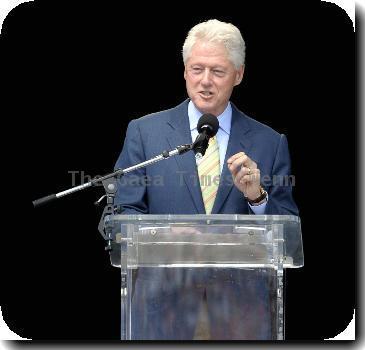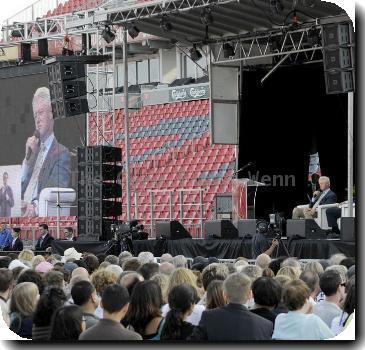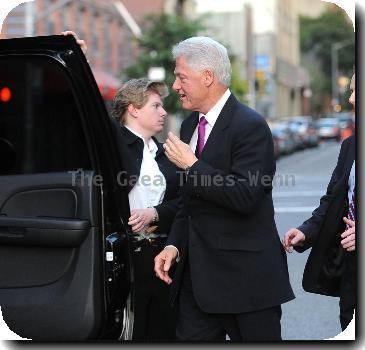PERSPECTIVE: High jobless rate not always bad news for party in power at election time
By Julie Carr Smyth, APTuesday, January 5, 2010
PERSPECTIVE: Jobs not strict election predictor
COLUMBUS, Ohio — The conventional wisdom goes something like this: Political party takes power, economy tanks, political party loses power.
That formula is widely viewed as spelling death for Democrats heading into the 2010 elections. Their party swept into power in Ohio in 2006, taking the governor’s office and three of four other statewide offices plus the Ohio House.
Then the economy tanked. The political tea leaves suggest defeat is coming.
Seth Masket, a University of Denver political scientist, explored the question more deeply. What he found turned conventional wisdom, if not on its head, at least sideways: while the nation’s general economic trajectory is a decent predictor of midterm election outcomes, heavy unemployment is not.
“A lot of commentators on both the left and right are saying that Democrats are due for a lot of seat losses because voters are going to be focussed on very high unemployment,” Masket said. “Everyone’s talking like it’s going to have a huge toll, so I wanted to see if there was actually any relationship.”
The numbers, at least as far as Congress was concerned, said no. Neither high unemployment nor a worsening jobless rate headed into a midterm election correlated to which party’s candidates faired best. Voters have historically been able to forgive both Democrats and Republicans high unemployment when they perceived the economy to be improving, Masket said.
In 1982, for example, amid a nasty recession and unemployment of around 10 percent, Republican President Ronald Reagan’s party lost 22 congressional seats. The president’s party usually loses congressional seats in the off-presidential cycle, and that was about average.
Four years later, Reagan was still in the White House and unemployment was still bad — clinging to around 7 percent. But the economy — measured by growth in real wages — was on the upswing. Republicans lost just eight seats.
The lack of a pattern of joblessness as a predictor continued.
Unemployment had shrunk ahead of the 1994 midterm elections in the middle of Democrat Bill Clinton’s first term, a development that should have favored majority Democrats. Instead: the historic 54-seat swing in Congress in favor of Republicans.
Masket said his study showed the economy generally shouldn’t be confused with the jobless situation when analyzing the prospects in an election.
“Even at 10 percent unemployment, people sort of get used to that after awhile,” he said. “What they do notice, though, is are they making more money than they were last year. Something like that sticks with them.”
Masket’s national insights have political relevance in Ohio and other states where tens of thousands of jobs have been lost, particularly if federal stimulus dollars are successful in reversing the economic downturn ahead of the election.
Democratic Gov. Ted Strickland has presided over a downturn in Ohio’s economic fortunes — a combination of hard times for the state’s once-thriving manufacturers, including automakers, an overall national recession and, his critics say, a lackluster development vision.
His approval ratings plummeted as he has responded to shrinking tax revenues with a variety of controversial solutions, including legalizing state-run slot machines and foregoing a scheduled tax cut.
In its “Turnaround Ted” web ads, the Ohio Republican Party noted that the state’s jobless rate rose from 5.3 percent to 11.2 percent during his first 18 months in office — signaling the party’s intent to keep the joblessness debate high in 2010.
Masket’s theory is that if improvements can be shown in other areas of the economy before November — real wages, gross state product, or tax revenues for example — Strickland and his party may not be sunk.
“When the economy is doing well, voters tend to prefer the party that’s currently in power to keep them in power,” Masket said. “When the economy’s going very poorly, they’ll tend to turn incumbents out and bring in new people to fix it.”
Tags: Bill Clinton, Columbus, Labor Economy, Mid-term Elections, North America, Ohio, Recessions And Depressions, United States


